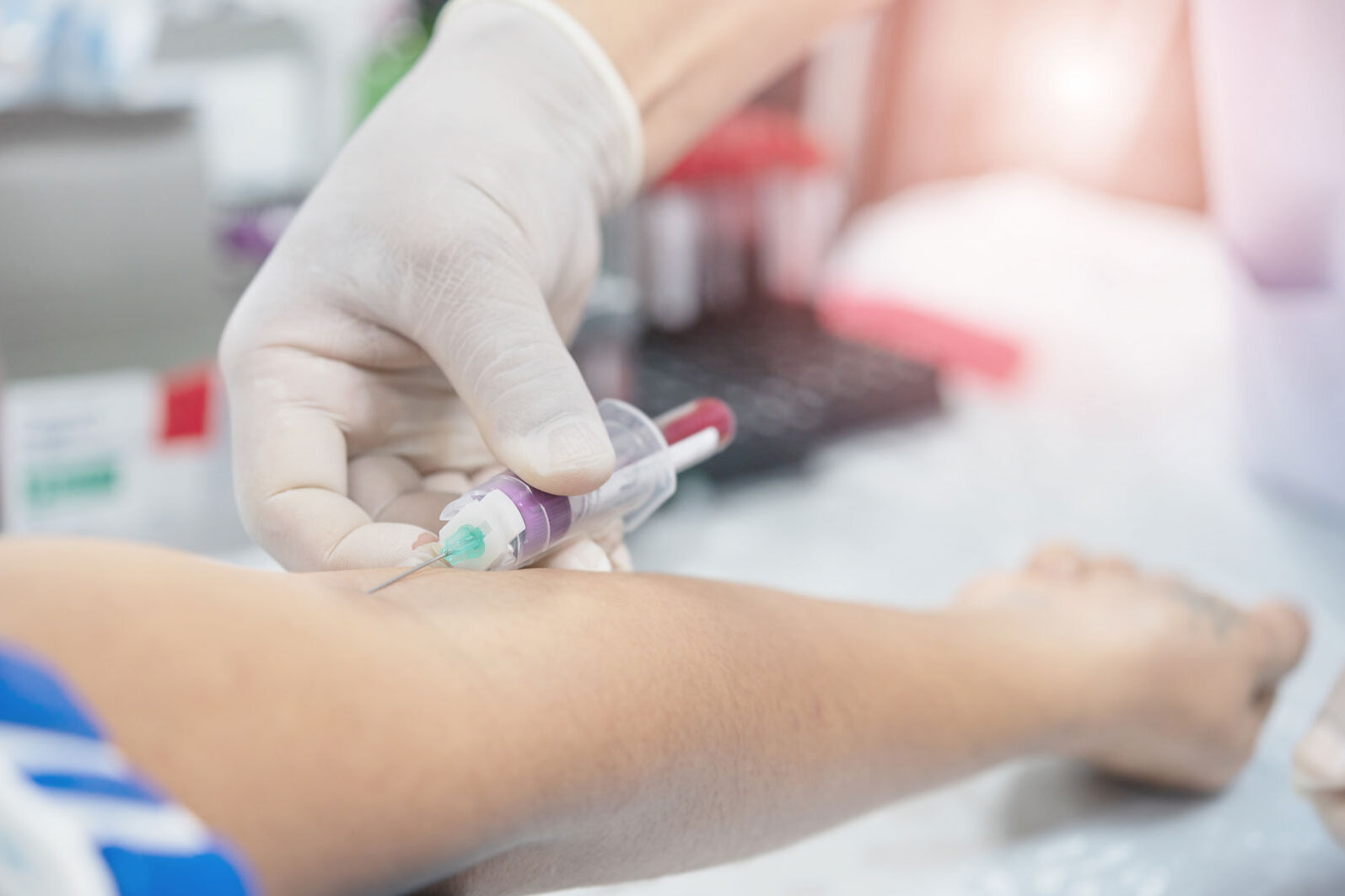A drug from immunotherapy could slow down the progression of the severe neurodegenerative disease.
Bonn, November, 2, 2022. A drug that is used to treat immune diseases could help patients with incurable amyotrophic lateral sclerosis (ALS) in the future: Initial indications suggest that the immune system plays a role in the usually very rapid progression of ALS. In a clinical trial at the DZNE’s Bonn and Berlin sites, and in collaboration with the Charité in Berlin and the University Hospital Bonn, scientists will start testing the drug rituximab, which acts on the immune system. They hope that this will provide further information about possible treatments and at the same time give them a deeper insight into the disease mechanisms of ALS.
"Until now, the folding and degradation of proteins and the associated loss of nerve cells have tended to be considered crucial in neurodegenerative diseases," says study leader Prof. Dr. Harald Prüß: "The fact that we are now targeting the immune system is therefore a new treatment strategy." Researchers have recently found out that immune cells behave conspicuously in ALS patients; a new publication (DOI 10.1038/s41586-022-04844-5) in the renowned journal Nature suggests that in an ALS subtype, the damage mechanism is significantly influenced by the immune system. "We have also observed cases in which immunotherapy has led to noticeably improved clinical functions," says Harald Prüß, who works as a group leader at the DZNE and also as a senior physician at the Department of Neurology at Charité.
The study will systematically investigate these previously rather incidental findings. A key question of the study will be what is going on in the body at the interface between neurodegenerative and autoimmune diseases. So how big is the share of antibodies in disease development? And does this proportion vary, depending on the subtype of ALS? These are questions that the researchers encounter time and again in their practice: In some patients, even specialists are not sure whether it is really ALS - for example, if medical imaging shows additional changes or if further constraints such as a balance disorder occur. But scientists sometimes find the opposite as well: "There are some autoimmune diseases, such as high-grade neuropathy, which are very similar to ALS in the clinical picture," says Harald Prüß.
The drug rituximab is used for various diseases, including cancers of the lymphatic system. It is considered well tolerated and highly effective in lowering antibody levels. In ALS patients, neuronal antibodies have been detected in the past - and, most remarkably, antibody-producing cells in their cerebrospinal fluid. The researchers are particularly targeting the molecule CD20, a surface protein on the cell surface of B cells. B cells are those cells that produce antibodies - and it is precisely against them that the drug rituximab is directed, causing so-called B cell depletion, i.e. removal of the B cells. This is where the abbreviation ABCD for the study comes from: Amyotrophic lateral sclerosis treated by B-cell depletion with rituximab.
"Changes in the immune system are likely to be the sole cause of ALS in only very few cases," says Dr. Rosa Rößling, who is researching the disease mechanisms and coordinating the study. So even in the best case, the result of the study will not be a cure for the disease, but a slow-down of its further development. "We assume that the therapy has a system-modulating effect and can therefore influence the perhaps 10 or 20 percent of the course of the disease that could be directly related to antibodies. But that alone would be significantly more than any other drug in the world can currently achieve."
The study involves 52 persons with the sporadic form of ALS who have had the onset of the disease no more than a year ago. Half of them will receive rituximab, while the other half will receive a placebo. The study will extend over more than a year: The patients will receive the first two doses of the drug two weeks apart, then doses three and four each six months apart.
If the study proves to have an effect, it would be long-awaited news for ALS patients. For tens of thousands of them, it would have an immediate effect - and moreover, the drug can be combined well with other therapies. And study leader Harald Prüß also hopes to gain further insights into the understanding of the disease: "If we find out, for example, that the test subjects react differently to the drug, we could use biomarker diagnostics to find out what differentiates the patients at the molecular level." This would also provide important clues for the development and testing of future ALS therapies.

